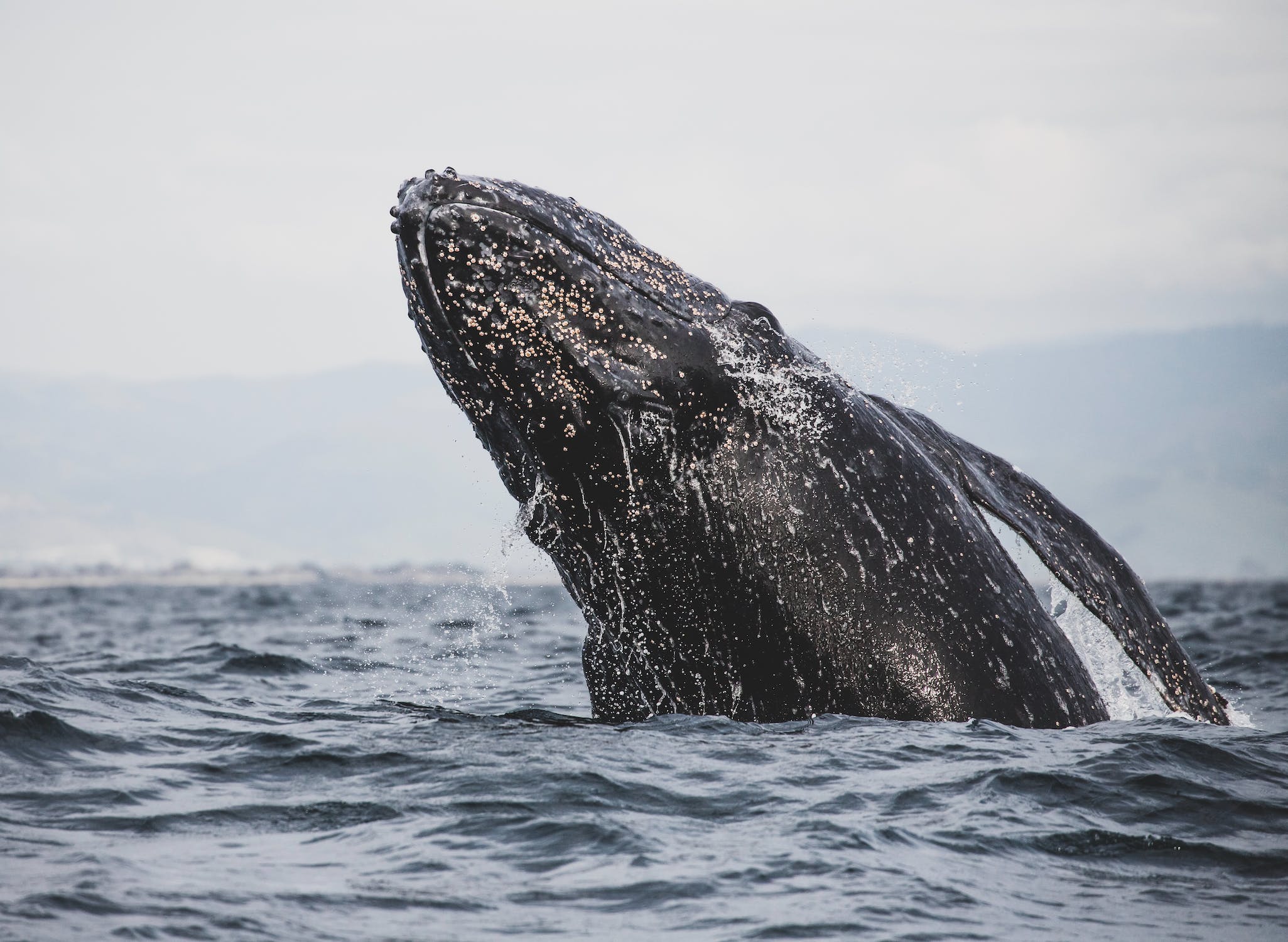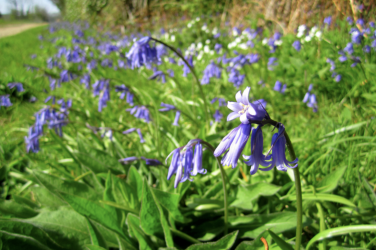The gray whale, an imposing mysticeti cetacean protected since 1946, is an iconic figure in the Pacific Ocean.
This species is known for its inclination to swim close to the coast and penetrate shallow bays.
Every year, during their regular migrations, gray whales undertake extraordinary journeys of about 20,000 km.
This migratory behavior, although fascinating, is now at the center of a crisis.
Climate change as the main cause
Since 2019, an enigmatic die-off of gray whales in the Pacific has raised concerns and questions among scholars and coastal authorities in the states of Washington, Oregon, California, and Alaska.
The number of individuals has decreased drastically from 27,000 to 14,500 in 2023.
A recent study published in Science has finally shed light on this issue, indicating climate change as the main cause.
The accelerated melting of Arctic ice is threatening the survival of the gray whale.
In fact, the submerged part of the sea ice is crucial for the growth of algae, the preferred food of amphipods, the small crustaceans that the gray whale abundantly feeds on during its annual migration.
With the decrease in food resources due to ice melting, gray whales face increasingly debilitating journeys, endangering their existence.
Is the gray whale at risk of extinction?
Experts believe that the current situation does not pose an immediate risk of extinction to the species. However, the numerical decline and the persistent die-off raise concerns about the future long-term survival of gray whales.
The combined effects of accelerated Arctic ice melting is putting the resilience of these marine giants to the test.
The scientific community is united in emphasizing that worsening climate conditions could quickly change the fate of this iconic species, highlighting the urgent need to address climate change to protect marine diversity.









Show Comments